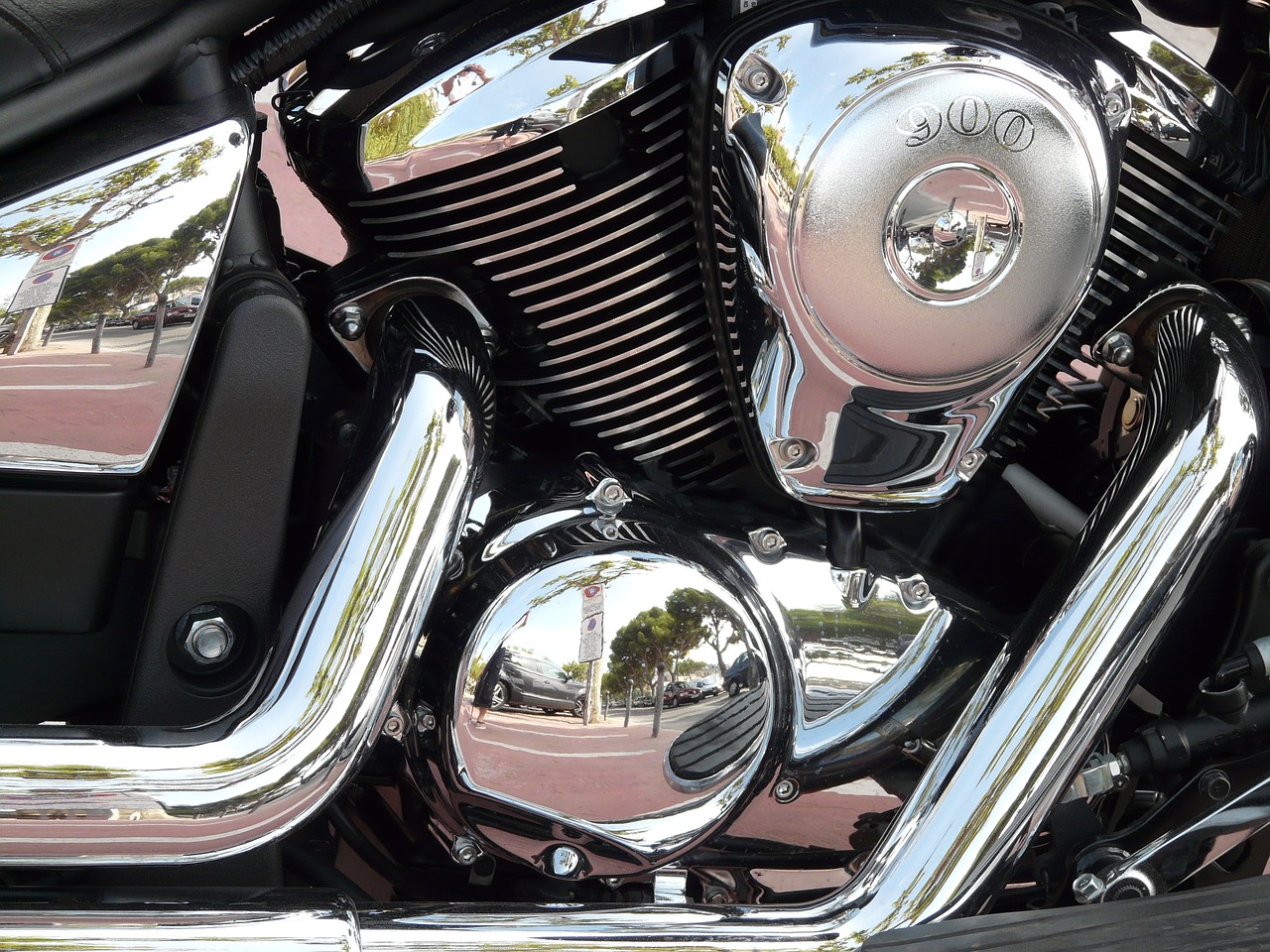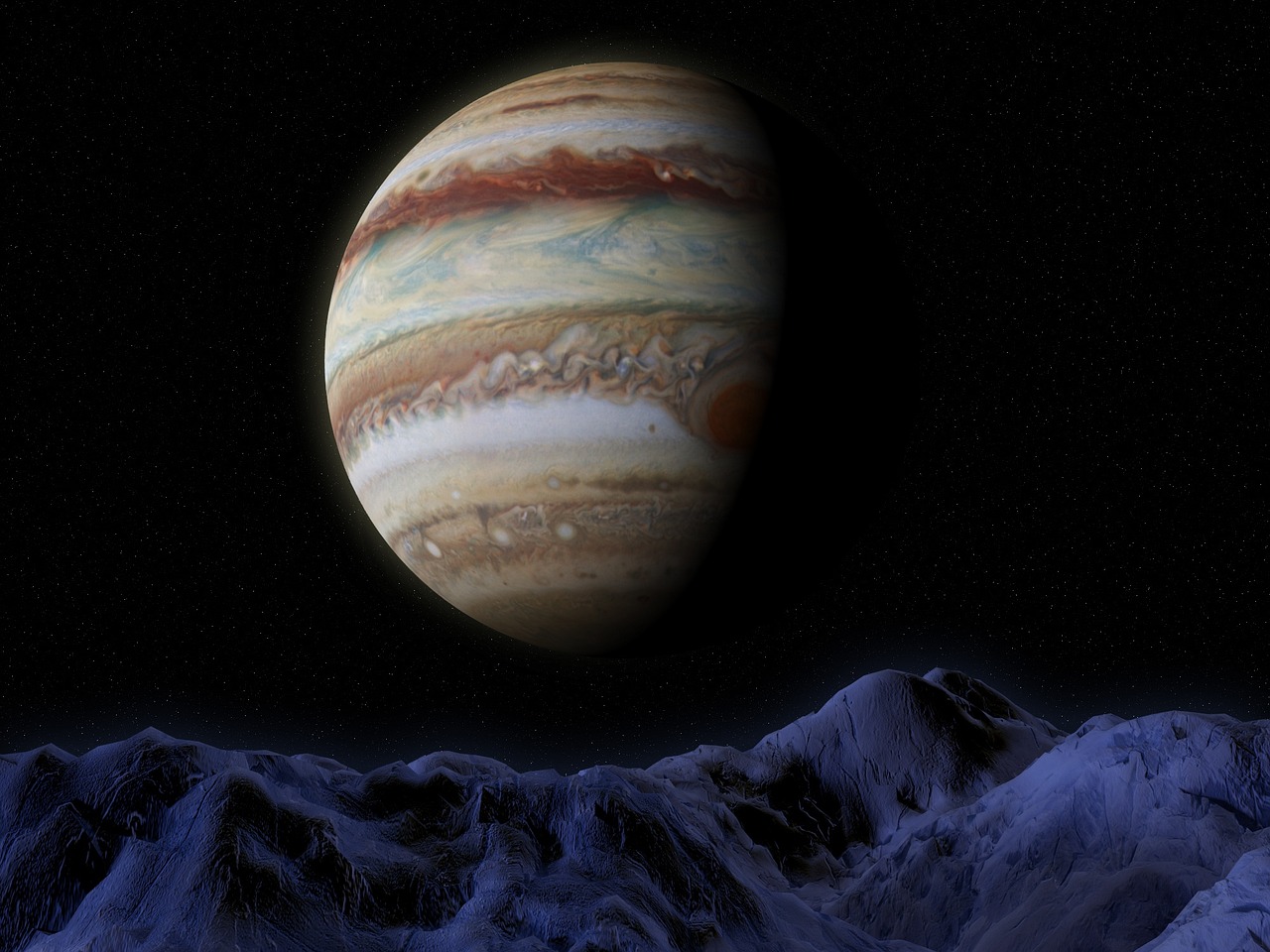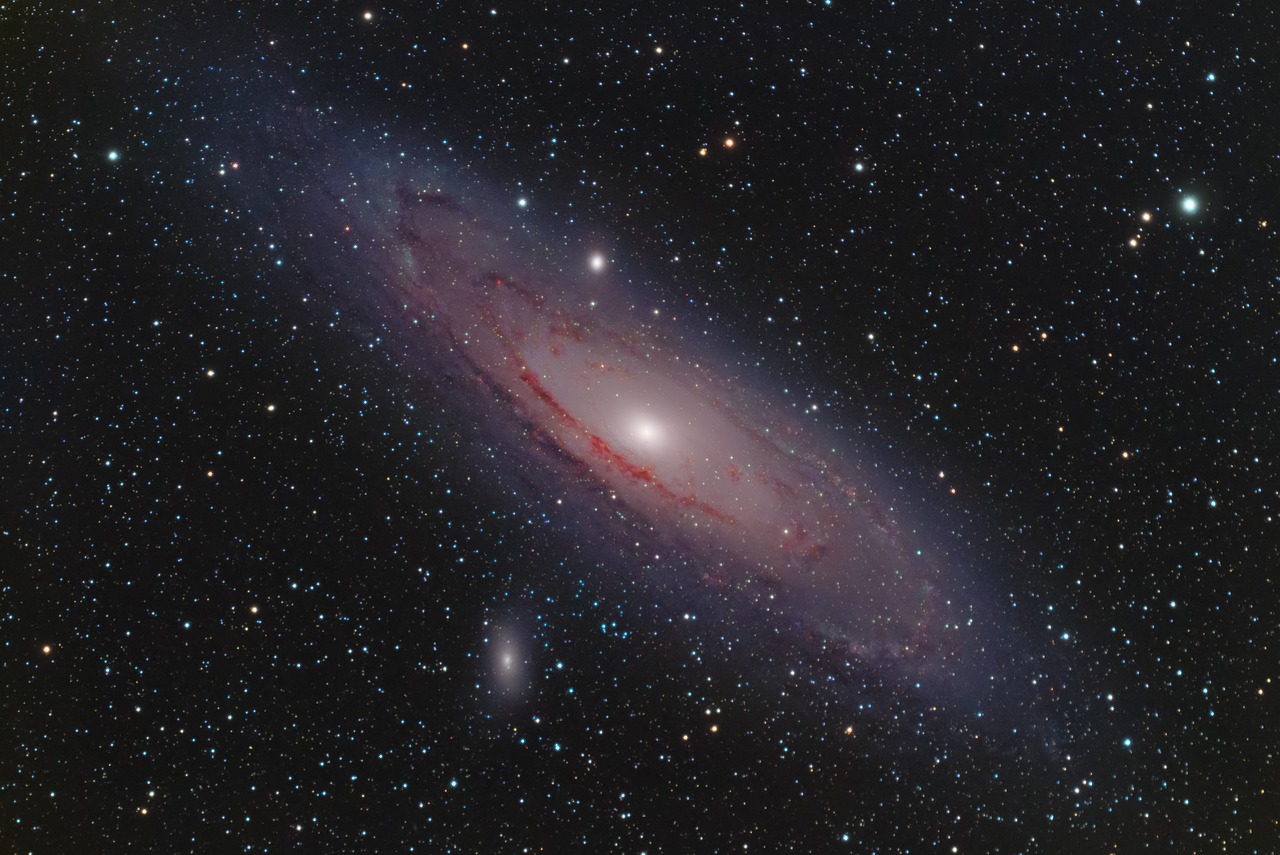Author: Erlang Shen
-
Vulcan, the Goddess of Fire and Metalworking To grasp the Roman perspective on the divine essence of fire, an understanding of Vulcan (known as Vulcanus to the Romans) is crucial. Vulcan embodies both the fertile and the destructive aspects of fire. He commands reverence, feared for his devastating flames that threaten to consume forests, homes,…
-
At the historic location of Emain Macha, where the ancient rulers of Ulster once presided, the realms of history and mythology intertwine, creating a narrative rich with heroism, strife, and spirituality. The name Emain Macha itself pays homage to a Celtic goddess, a unique distinction among Celtic sites. This connection even influences the name of…
-
Mors, the god of death in ancient Roman mythology, is also known as Letum or Orcus. While not extensively worshipped, he shared associations with the Greek god Thanatos and the Etruscan deity Charun, indicating a multifaceted connection to the concepts of mortality across different cultures. Depiction and Significance Mors is typically illustrated as a grim…
-
Ancient Egyptian religion encompasses the native spiritual practices of ancient Egypt, spanning from the predynastic era in the 4th millennium BCE until the decline of traditional beliefs in the early Common Era. For in-depth historical context and chronological specifics, one may refer to the broader history of Egypt. Nature and Significance Egyptian religious beliefs and…
-
Celebrating St. Brigid’s Day: The Arrival of Spring Happy St. Brigid’s Day! For the ancient Celts, February 1st signified the onset of spring, a delightful thought as we endure the chilly winter months. This date marks the festival of Imbolc, translating to “in the belly,” which signifies the early pregnancy of ewes and the anticipated…
-
The Significance and Evolution of Christian Faith Why is faith, referred to as pistis in Greek and fides in Latin, a cornerstone for Christians? What did it symbolize during the early stages of the Church, and how was it practiced within early communities? Is the nature of Christian faith fundamentally distinct from the concepts of…
-
Exploring the World of Pegasi and Magical Creatures The mythical Pegasus, a winged horse from Greek mythology, captivates the imagination with its grace and beauty. From 3D renderings to intricate illustrations, Pegasus has been depicted in various art forms, emphasizing its ethereal presence. One striking portrayal shows a silver metal Pegasus soaring against a white…
-
Jupiter, recognized as the principal deity within ancient Roman and Italian mythologies, shares etymological roots with the Greek god Zeus, both deriving from the word meaning “bright.” Among his several titles, Lucetius, which signifies “Light-Bringer,” illustrates his association with illumination, while the phrase sub Iove suggests his dominion over the heavens and open skies. Notably,…
-
Overview The Dagda is known as the supreme deity of the Tuatha dé Danann, a prominent group among Irish ancestral deities. Exceedingly skilled and profoundly wise, he embodies the concepts of life and death while also overseeing the seasons, agriculture, fertility, magic, and druidry. The Dagda is often depicted with three cherished artifacts: a cauldron…
-
Author’s Note: This narrative serves as a reimagined beginning of the mythological tale of Perseus and Andromeda, told from Andromeda’s perspective, intricately woven into the historical tapestry of Ancient Ethiopia—the original backdrop for this profound legend. This piece is a tribute to Andromeda’s fragmented monologue in Euripides’ play, emphasizing those lost sentiments. For those seeking…








